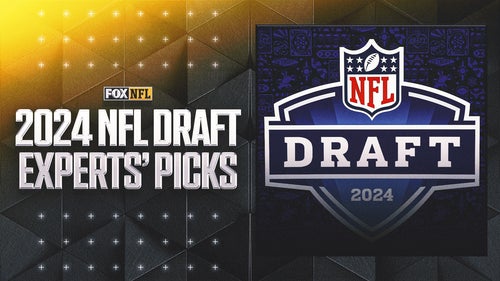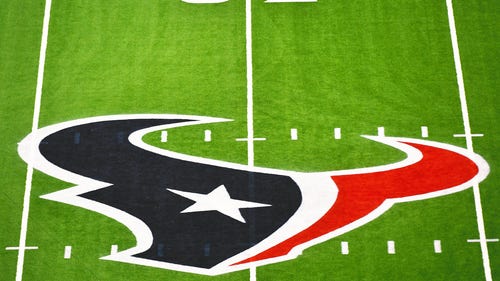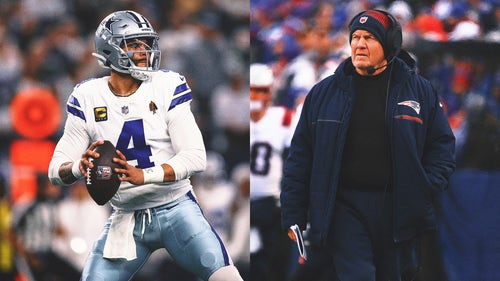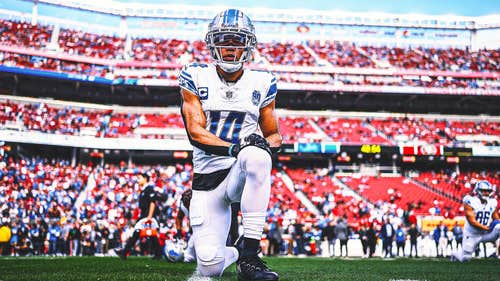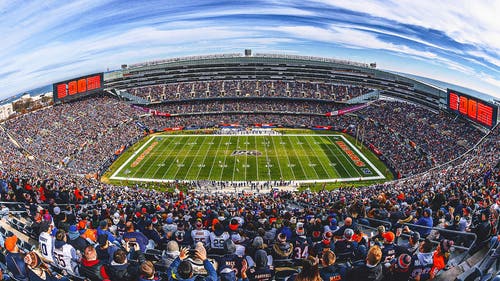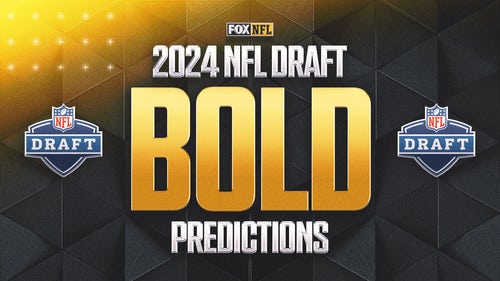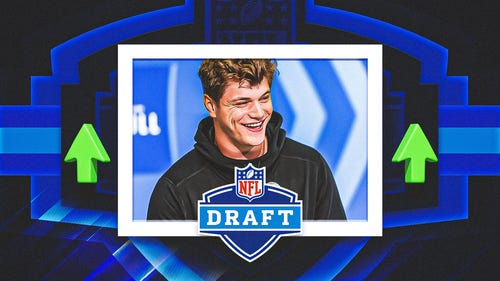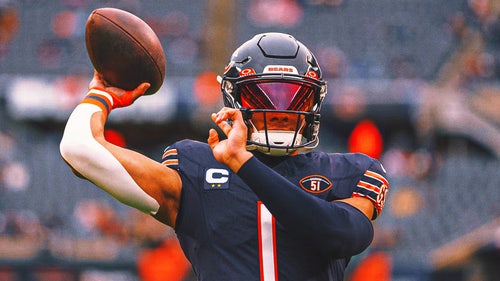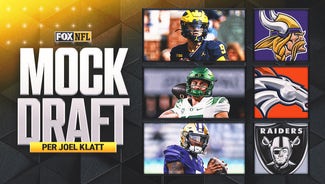
Kapler: Sherman's postgame out of line, but time for redemption

Sunday night, Richard Sherman was given the opportunity to be a superior leader of men after making one of the most important plays in Seattle Seahawks history, in perhaps the franchise’s biggest game. He dropped the ball.
This is not as much about what happened as what could happen going forward. We’ve all already formulated opinions about what Sherman’s apology on Monday means. This is about a crack in the door. The light shining through represents a moment in time for Sherman and other superstar athletes. A once-in-a-lifetime opportunity for them to say something, anything that will force the country to think differently.
Over the course of the next three weeks, Sherman is uniquely positioned to make a powerful, positive impact in the world of sports. Leading up to and after the Super Bowl, his voice will never be more amplified.
On Monday, we honored the memory of Dr. Martin Luther King Jr.; we were reminded of the power of bravery and accountability. Sherman, along with a few select superstars, can do what most athletes never do. They can tell the world that on the field we can be enemies and off it we can be brothers. Sherman can peer back 24 hours and share how he could have approached the moment differently. He can teach us how a leader acts and takes responsibility.
There is no disputing the fact that Sherman is one of the top five cornerbacks in the NFL and that without him, the Seahawks wouldn’t be where they are. That’s precisely why he’s uniquely positioned to make such an enormous impact. Ninety-nine percent of pro athletes will never have those ears and eyeballs because they don’t have the unique combination of extreme talent, wit, passion and brains as the best player on the best defense in football.
His playing career is extraordinarily dependent upon reacting quickly, and it is obvious his talent also tracks to his mind, because he saw the misstep in his postgame interview and swiftly reacted with a public apology.
I’ve never had the luxury of being an athlete as good as Sherman. But I remember the stage of the 2004 ALCS and World Series. It felt like the universe was hanging on every word uttered by Manny Ramirez, David Ortiz and Pedro Martinez. I remember how any message that Red Sox team, from Cowboy Up to the Idiots, would indeed be heard.
Directly after enormous games, when emotion has permeated our systems as fans and we are spent (in our own ways) along with the players, we are most open to and clamoring for inspiration from our heroes.
And as players, when we are fresh off the extreme temperatures of confrontation on the field, it’s beyond difficult to stay composed.
Sherman explained his immediate postgame behavior.
“I ran over to Crabtree to shake his hand, but he ignored me. I patted him, stuck out my hand and said, ‘Good game, good game.’ That’s when he shoved my face, and that’s when I went off.”
And when he went off, it simply felt void of character. Was it real? That, too, is debatable. Sherman has alluded to the fact that he does what he does and says what he says to get under the skin of his opponents.
Whether it was just a raw, authentic, emotional interview, a complete breakdown in judgment or a manufactured warning to Demaryius Thomas, there is no disputing the fact that it was a selfish act and completely insensitive to the best interests of the Seattle Seahawks franchise, the organization that pays him. He acknowledged that in his apology.
Sherman completely displaced the attention of America. The whole world was talking about the Seahawks and the team’s play on the field. Then instantaneously, they were talking about Sherman and his rant. Instead of #Seahawks it was #Sherman.
Additionally, he snatched the spotlight from his teammates and began to sing.
The same could be said for Vancouver Canucks coach John Tortorella, a supposed leader of men. His actions Saturday night that led to a 15-day suspension are, perhaps, more offensive, given his role and responsibility.
Does he receive less criticism because it is Canada or a regular-season NHL game? Or is it an issue of skin? I’d like to think it is the former. The point here is that we care about specific moments in history and about the actions of extraordinarily few men.
I’ve been privy to many athletic environments, both amateur and professional. Teammates in all sports love to be acknowledged. That’s why a well-delivered comment about Russell Wilson or the D line or Pete Carroll would have been so appropriate. Players collectively roll their eyes when their comrades manufacture “look-at-me” moments. Narcissism is a trait universally unappreciated by human beings, and NFL players fall into this human bucket.
If, indeed, Sherman’s explosion was about a competitive edge, maybe he waits until after the Super Bowl to remove his mask, at which point he gives us something to celebrate rather than roll our eyes.
Finally, this topic transcends sports. It’s about the responsibility, and ultimately the power, that arrives when the volume of an athlete’s microphone is turned up so loud that the world’s earplugs are rendered ineffective.
We will all be there to cheer when that power is used for good.






































































































































